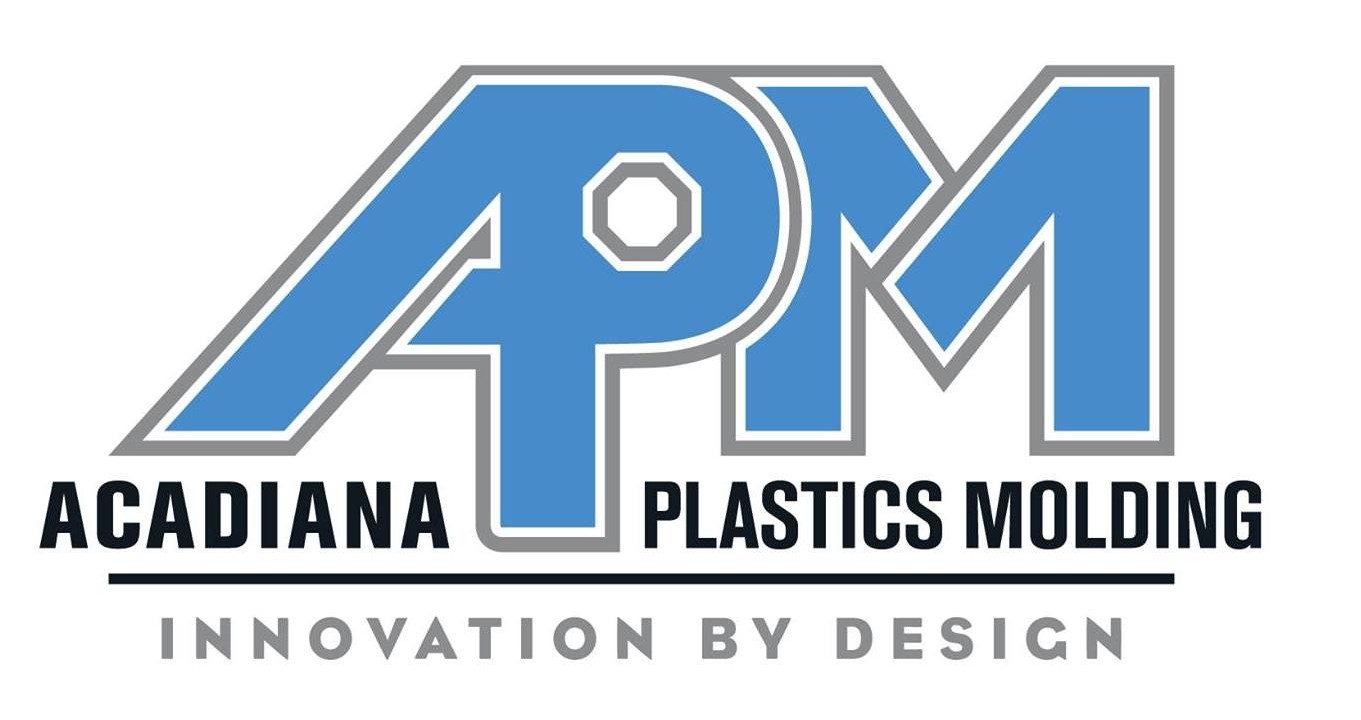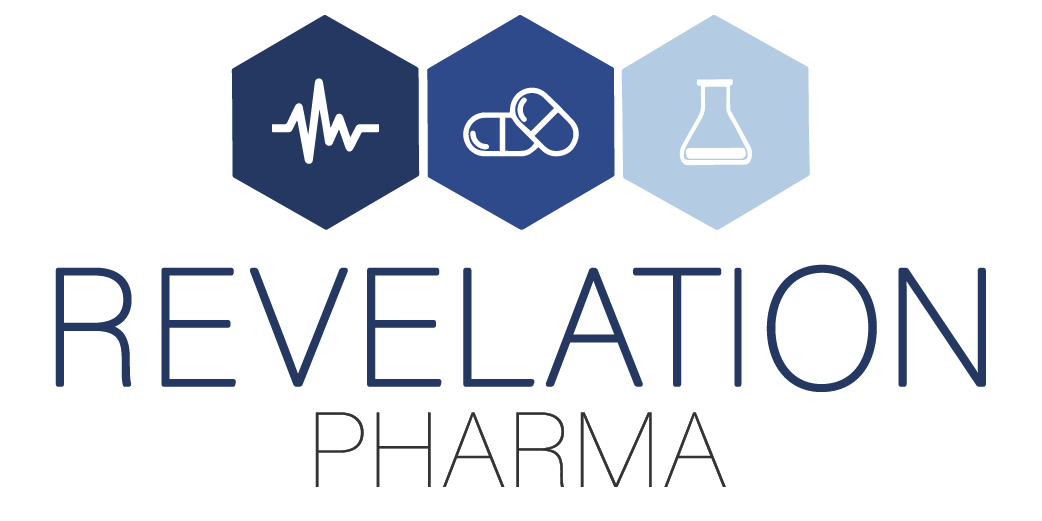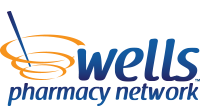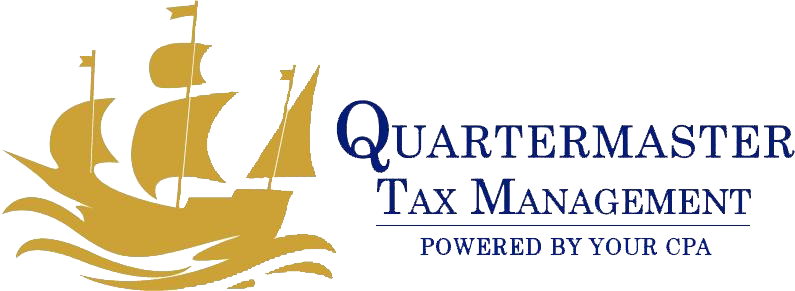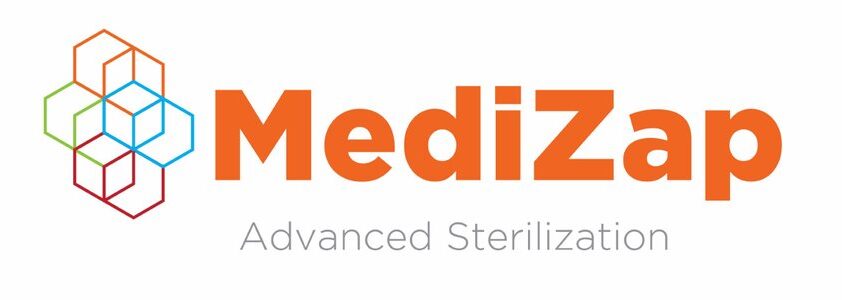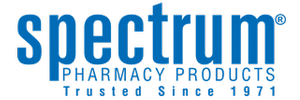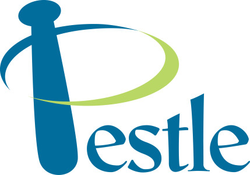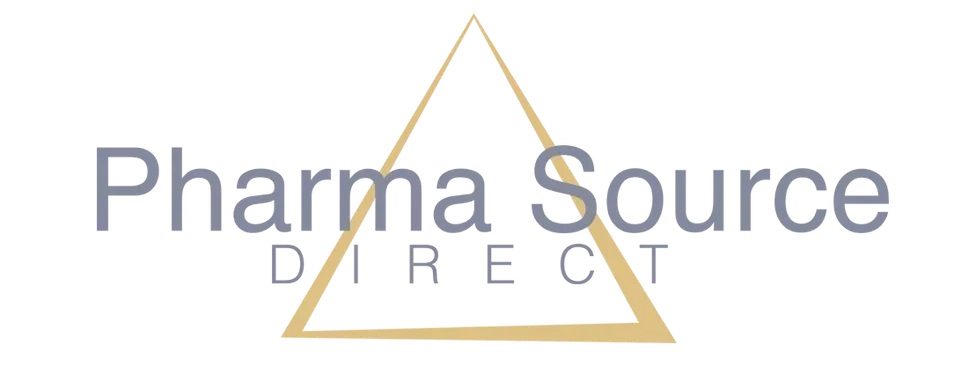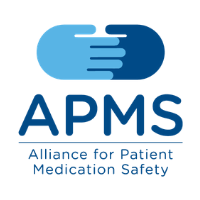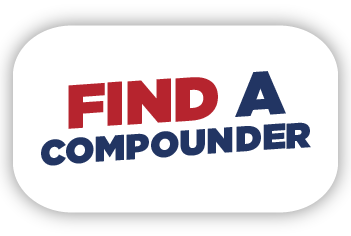Today’s attorney respondent is Stephen Snow of Bendin, Sumrall & Ladner in Atlanta. (You can email Stephen at ssnow@bsllaw.net.)
Question: What do you think about a compounding pharmacy offering a local physician lower prices than the pharmacy would charge for a compound at the pharmacy, in return for the doctor referring prescriptions to that pharmacy, and then the pharmacy sending the compounded drugs to the patient and the bill to the physician, the physician upcharging the prescription bill to the patient, and the physician taking that mark-up as profit?
Response: The federal anti-kickback statute (42 U.S.C. § 1320a-7b(b)) is extremely broad and makes it a felony offense to, among other things, knowingly and willfully pay or receive “any remuneration (including any kickback, bribe, or rebate) directly or indirectly, overtly or covertly, in cash or in kind” to any person to induce a referral for the furnishing or arranging for the furnishing of any item or service for which payment may be made in whole or in part under a Federal health care program.
Many states have similar anti-kickback laws that broadly prohibit direct or indirect remuneration to induce a referral, even where a federal or state healthcare program is not involved. The concern is that such remuneration creates a conflict of interest for the prescriber and limits the patient’s freedom to choose the source of its healthcare services.
In addition to violating federal and state anti-kickback laws, allowing prescribers to upcharge patients for the drugs (essentially re-selling the drugs) creates the risk that the compounder could be seen as engaging in wholesale activities, which is not permitted under Section 503A of the FDCA.
From an ethical perspective, APC’s Code of Ethics provides that compounders should “comply with all applicable state and federal laws and regulations” (COE #2), and that compounders should “assure the credibility of the pharmacy compounding profession by avoiding conflicts of interest and not engaging in business practices that are detrimental to the patient, [their] colleagues, or [their] profession” (COE #9). Participating in kickback or upcharging schemes violates both mandates.
This response is intended for general information only, as all situations are unique. If you have legal questions related to your specific compounding activities, you should seek the advice of competent legal counsel.
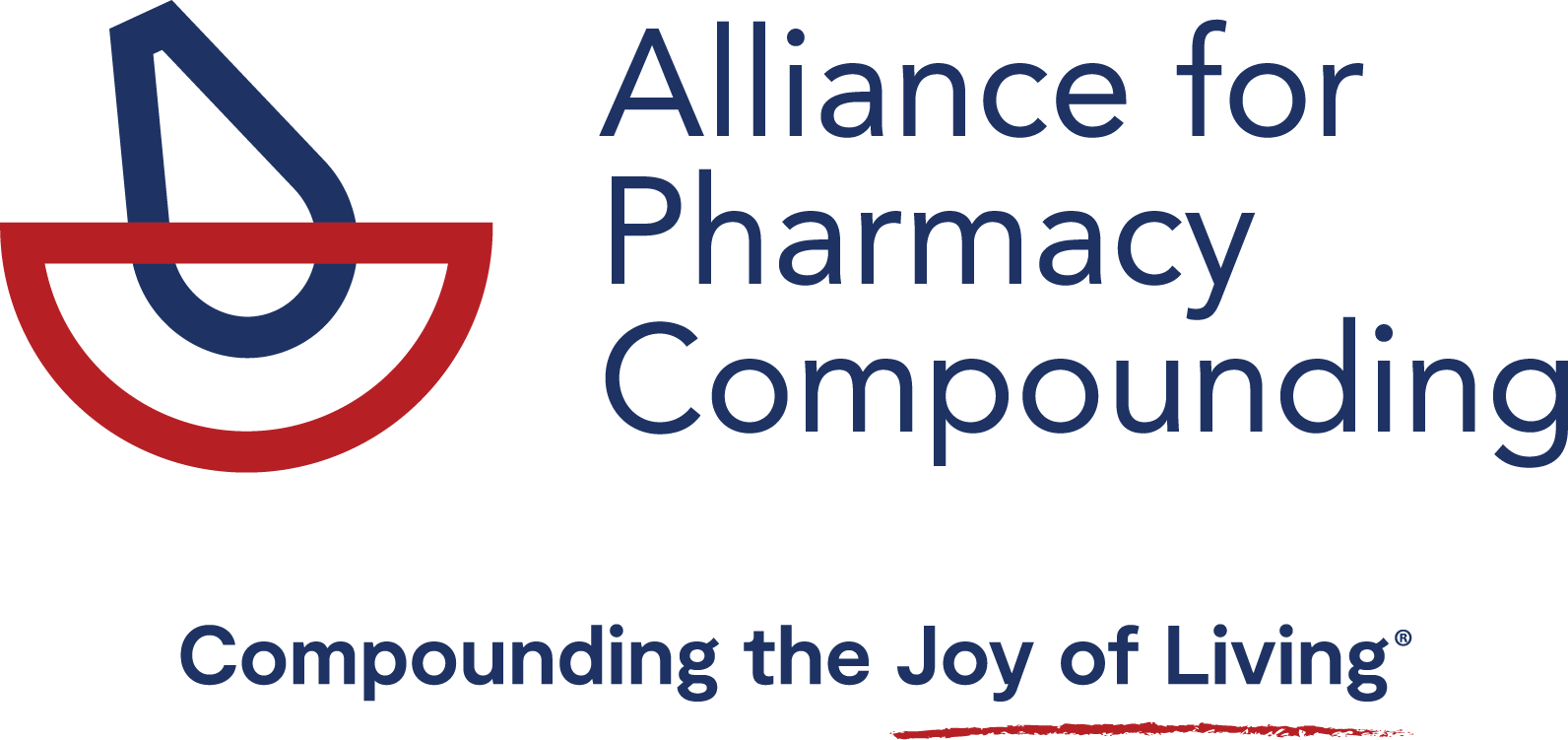

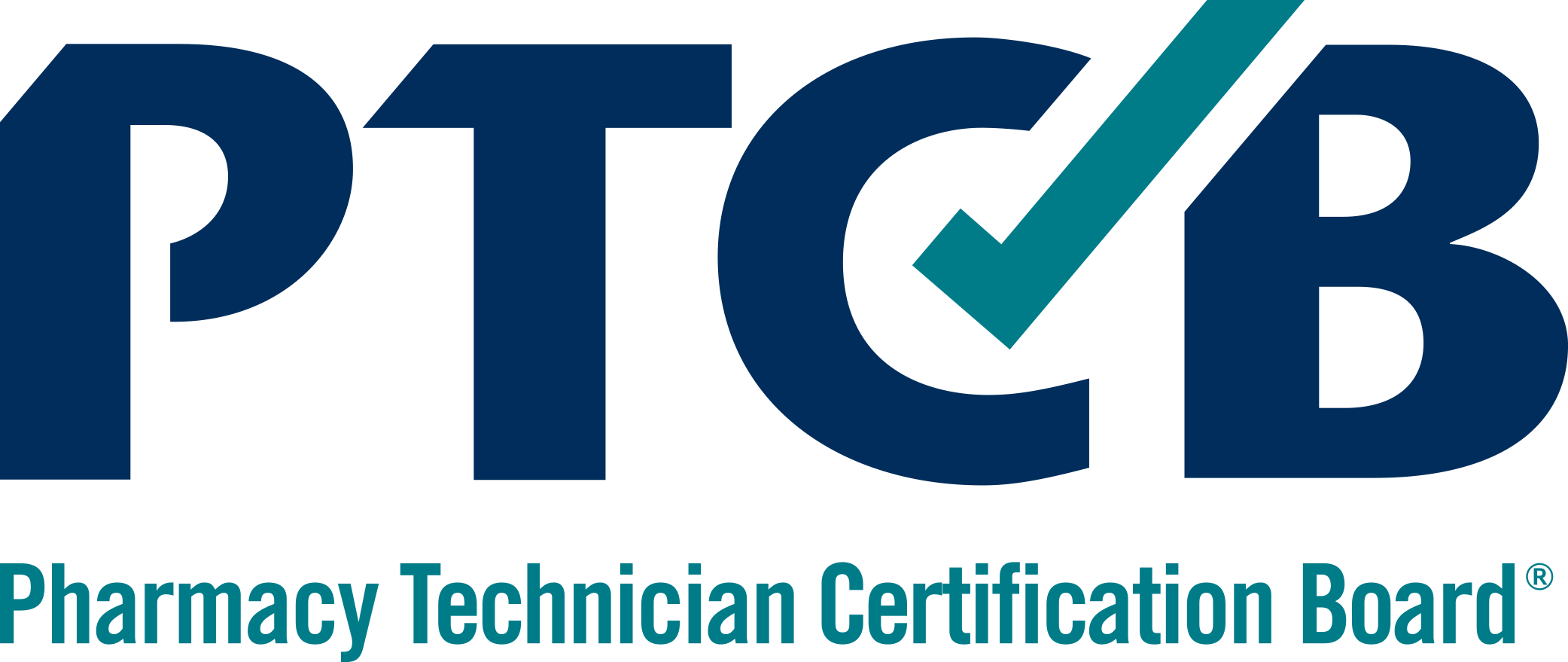
![Topi-CLICK a Division of TEAM Outlines[1]](https://a4pc.org/files/Topi-CLICK-a-Division-of-TEAM-Outlines1.png)

